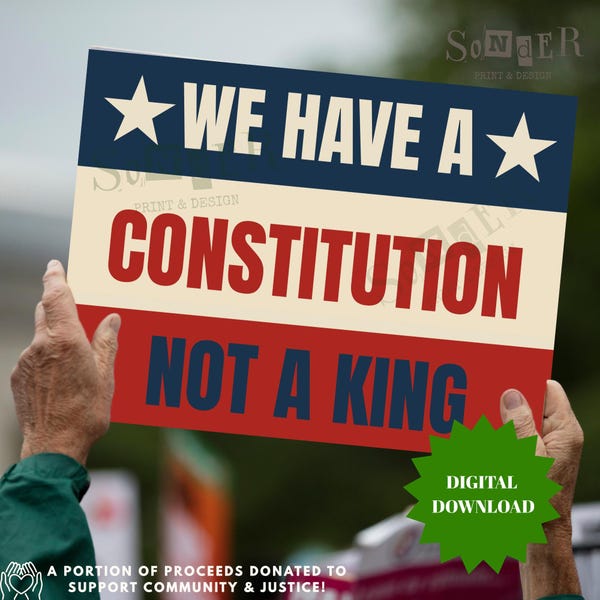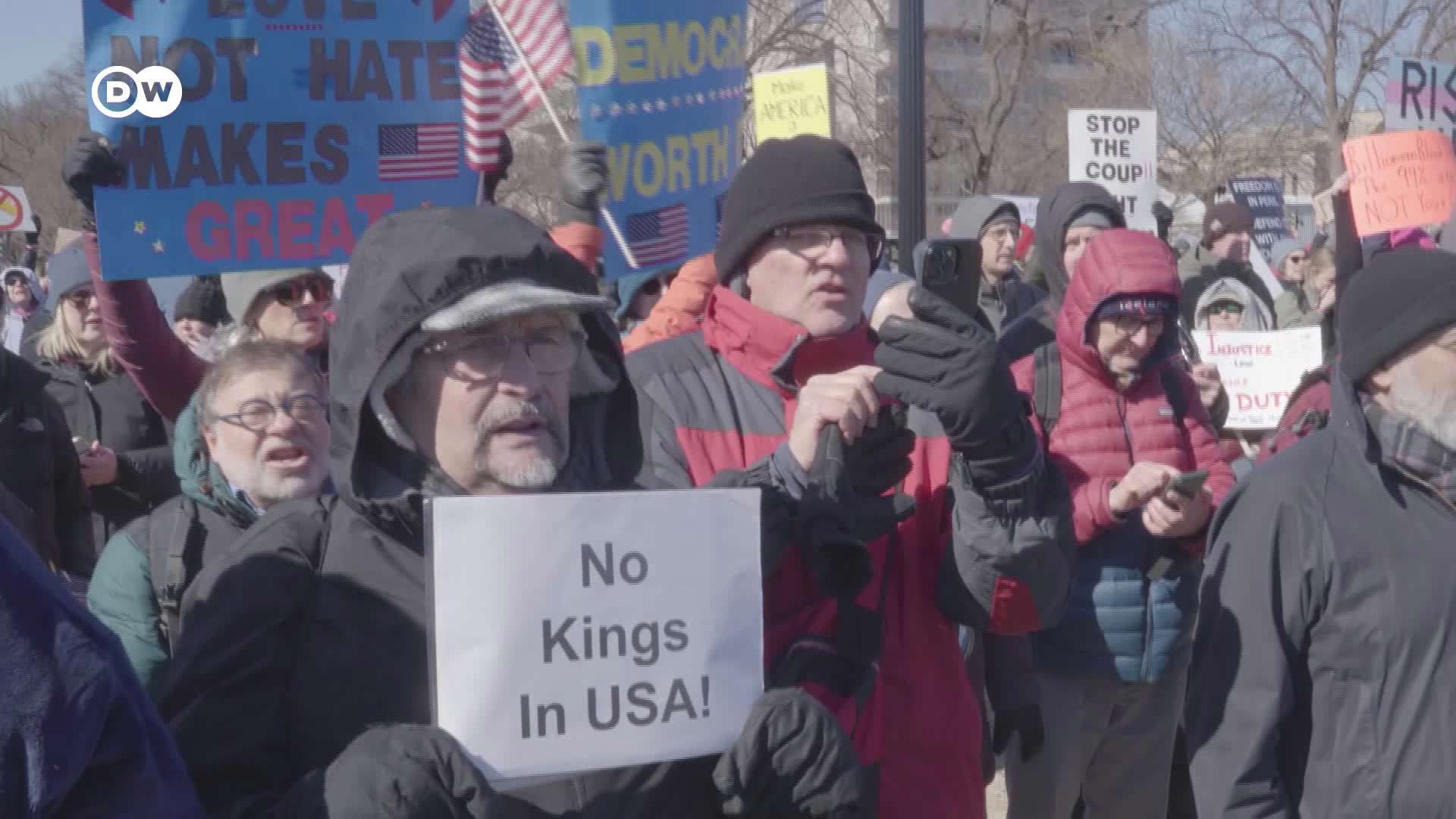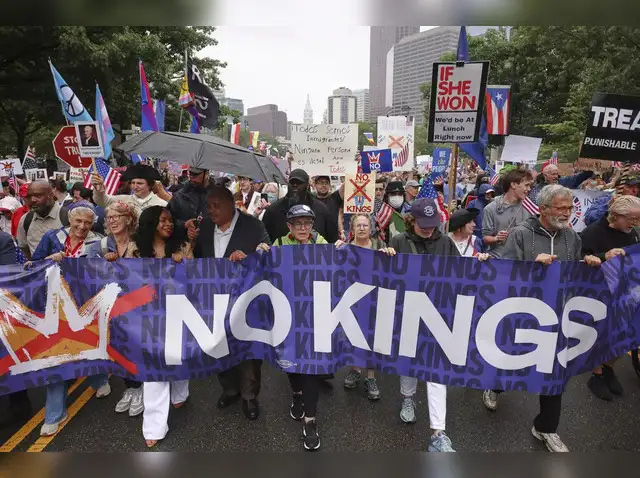The phrase “No kings” has resurfaced in a powerful way across the United States, with Kansas City at the forefront of this movement. What began as a slogan rooted in the nation’s founding principles is now a rallying cry for citizens demanding accountability, democracy, and an end to perceived authoritarianism. The “Kansas City No Kings” trend reflects not just a local protest but a national conversation about power, leadership, and the future of American governance.
This article explores the origins of the “No kings” slogan, its resurgence in Kansas City, and the broader implications for U.S. politics today. We’ll delve into how this movement has evolved, what it signifies, and why it matters to Americans everywhere.
The Legacy of “No Kings”
The phrase “No kings” is more than just a political slogan—it’s a historical echo of America’s founding. Long before the Revolutionary War, the idea of rejecting monarchical rule was central to the American identity. In the 17th century, during the English Civil War, the phrase “No king but Jesus” was used to challenge royal authority and assert divine right over earthly rule. This sentiment carried over to the American colonies, where it became a foundational principle of the new republic.
As Thomas Paine wrote in Common Sense in 1776, “Of more worth is one honest man than all the crowned ruffians that ever lived.” This sentiment encapsulated the belief that no individual should hold absolute power over others. The American Revolution was, in many ways, a rejection of the very concept of kingship—a rejection that continues to shape the country’s political landscape.
The Resurgence in Kansas City
In recent years, the “No Kings” movement has gained renewed energy, particularly in Kansas City. The city has become a hub for protests against policies perceived as authoritarian, especially those linked to the Trump administration and immigration enforcement. One of the most significant events occurred on June 14, 2025, when thousands gathered at Mill Creek Park for a “No Kings Day” rally. Organizers estimated that over 2,000 people attended, marking one of the largest demonstrations in the region.
The rally coincided with a military parade in Washington, D.C., celebrating 250 years of the U.S. Army. Protesters in Kansas City saw this as an opportunity to voice their opposition to what they viewed as a growing concentration of power in the executive branch. The message was clear: “No kings” was not just a historical reference—it was a call for modern-day accountability.
The Political Context
The “No Kings” movement in Kansas City is part of a larger national trend. Across the U.S., citizens are increasingly concerned about the concentration of power in the hands of a single leader or party. The Trump administration, in particular, has been a focal point of these concerns. From the January 6th insurrection to the use of federal agencies like ICE to enforce controversial immigration policies, many Americans feel that the balance of power is tipping dangerously toward authoritarianism.
In response, groups across the country have organized rallies, social media campaigns, and grassroots movements to push back. Kansas City’s “No Kings” protests have become a symbol of this resistance, drawing attention not only from locals but also from national media outlets.
The Role of Leadership
Leadership plays a critical role in the “No Kings” movement. While the slogan itself is a rejection of monarchy, it also serves as a reminder of the importance of democratic leadership. In Kansas City, local leaders like Mayor Q have been both praised and scrutinized for their roles in organizing and participating in these protests.
Mayor Q, for instance, faced criticism after initially declining to attend a major rally but later posting social media messages that seemed to align with the movement. This inconsistency highlighted the complex relationship between elected officials and grassroots activism.
The Broader Implications
The “No Kings” movement in Kansas City is more than just a local event—it reflects a deeper national anxiety about the direction of American politics. As the country grapples with issues like executive overreach, polarization, and the erosion of civil liberties, the slogan has taken on new meaning.
It serves as a reminder that the strength of a democracy lies in its ability to hold leaders accountable. Whether through protests, voting, or civic engagement, the “No Kings” movement encourages citizens to take an active role in shaping the future of their country.
The Future of the Movement
While the “No Kings” movement has gained momentum, its long-term impact remains uncertain. Some critics argue that the slogan is too vague to serve as a meaningful political platform. Others see it as a powerful tool for mobilizing citizens around shared values of freedom and equality.
What is clear is that the movement has sparked important conversations about power, leadership, and the role of the individual in a democracy. As Kansas City and other cities continue to host protests, the question remains: will the “No Kings” movement evolve into a lasting force for change, or will it fade into the background of a rapidly shifting political landscape?
Conclusion
The “Kansas City No Kings” trend is more than just a local phenomenon—it is a reflection of a national mood. It speaks to a deep-seated desire for accountability, a rejection of authoritarianism, and a commitment to the ideals upon which the United States was founded.
As the movement continues to grow, it serves as a reminder that the strength of a democracy lies not in the power of a single leader, but in the voices of the people. Whether through protests, voting, or civic engagement, the “No Kings” movement encourages citizens to take an active role in shaping the future of their country.
Stay updated with the latest news on the “No Kings” movement and its impact on U.S. politics.
Meta Title:
US Trending News: Kansas City No Kings Movement
Meta Description:
Explore the rise of the “No Kings” movement in Kansas City and its impact on U.S. politics. Stay informed on the latest trends.
Author Section
Author: Sarah Thompson
Title/Role: Political Analyst and Journalist
Credentials: With over a decade of experience covering U.S. politics, Sarah has written extensively on civil rights, social movements, and political reform. Her work has been featured in major publications including The New York Times and Politico.
Profile Link: Sarah Thompson Profile
Sources
- The New York Times – “No Kings” Movement
- Politico – Kansas City Protests
- The Guardian – U.S. Democracy Concerns
Related Articles
- Understanding the Origins of “No Kings”
- The Rise of Grassroots Movements in the U.S.
- How Social Media Shapes Modern Protests
Call to Action
Stay informed about the latest developments in the “No Kings” movement and other trending news. Explore today’s headlines and join the conversation.
URL Slug
us-trending-news-kansas-city-no-kings













More Stories
US Trending News: The History and Legacy of Zoo York in Streetwear Culture
US Trending News: Exploring Zach Top Greensboro
US Trending News: The ‘Your Mom’ White House: A Trendy Take on Political Humor